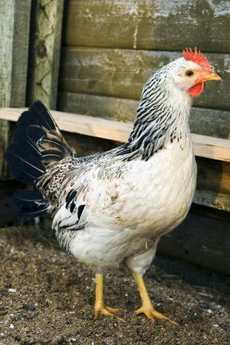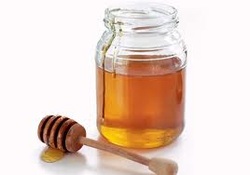
In divination, if the reading comes with osorbo (misfortune) or if the iré (good fortune) isn't firm and guaranteed, an ebó (offering) is made to the Orichás who stand up to offer assistance to the client during the reading. The diviner asks what the Orichás want by throwing the dilogún and asking the client to manipulate the ibó to get yes or no answers. A good diviner always starts with the simplest and most basic form of ebó. Depending on the tastes and preferences of the Orichás, they communicate what they want through the diviner. Remedies are usually fairly simple and relatively inexpensive. The Orichás, for the most part, aren't greedy and don't ask more than the client can give. Most of the time, they only want a symbolic offering that shows the client is grateful for the guidance they're offering.

The word ebó comes from Yoruba and means both "sacrifice" and "offering" because these two things are interconnected. Sacrifice doesn't always mean cutting an animal's throat and offering blood. Sacrifice means giving up something that means something to you, as a way to show you're devoted to the Orichás and appreciate what they do for you. When you buy flowers and put them for the Orichás, you're sacrificing the money that you would otherwise be spending on yourself. You're taking time you could spend doing something else to go to the market and buy the flowers. You arrange them in a vase with care and love. These actions require effort on your part, and they constitute a sacrifice. When you make food and give it to the Orichás, you're sacrificing food you would otherwise eat yourself. Again, this may not seem like a big deal when you have plenty of food to go around, but Santería comes from a culture marked by economic hardship, where offering food to another was truly a meaningful sacrifice. Another form of ebó is behavior modification, such as avoiding alcohol or staying away from large crowds. That's a sacrifice, if you like to drink and party. Spiritual cleansings and baths are also considered ebó, because there's some time, expense and effort involved in getting the ingredients together and taking the bath in the prescribed way. It's not just about money; it's about giving the time to the Orichás to carry out their wishes, and showing obedience by following their advice. For people who are willful, used to getting their own way, and doing whatever they want, showing obedience and humility can be a major sacrifice, because it means giving up behavior that displeases the Orichás.

So, rethink the concept of sacrifice, if you're put off by it. Maybe it's not what you think it is. Yes, once in a while an animal dies and there's blood. But most of the time, it's not that. It's something simpler, fresher, cooler, and gentler, because the religion is all about living in harmony with nature, with other people, with egun, and with the Orichás, and most of the time, that's accomplished with gestures of love and devotion, not the drawing of blood.
Here's a link to the Adimú Network, which teaches you how to make traditional foods for the Orichás. The recipes are prepared by an experienced Santera who also happens to be a great cook!
 RSS Feed
RSS Feed
